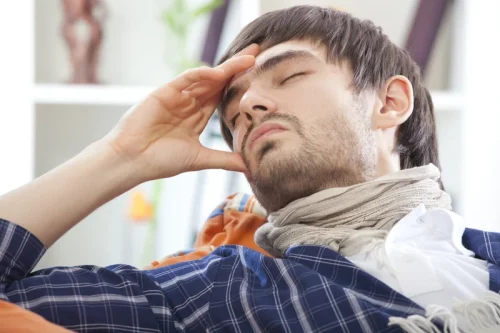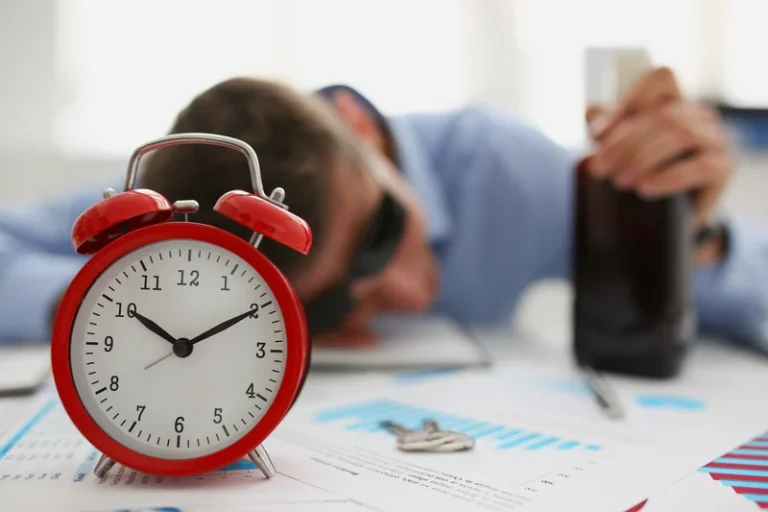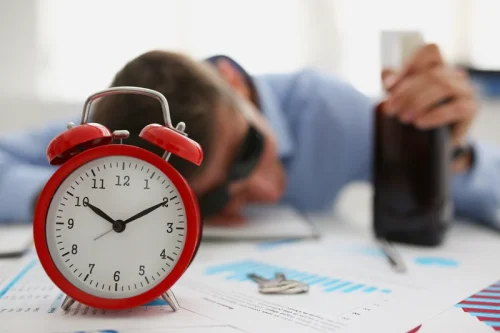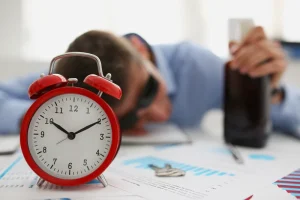
It’s the first step on the path to reclaiming your life from the grip of addiction. By choosing the right treatment program and focusing on ongoing support, you can pave the way for a healthier and brighter future for everyone involved. If you or someone you love is struggling with cocaine addiction, don’t hesitate to seek help.
Does relapse to drug use mean treatment has failed?

It works by blocking the enzyme responsible for breaking down cocaine in the body, leading to an unpleasant reaction if the drug is consumed. We offer court services including online DUI classes, alcohol screenings, and educational programs to support individuals facing a DUI. Whether you or a loved one has received a DUI in Arizona or another state, our classes are here to guide you through meeting legal requirements while helping you take important steps toward recovery.
- This challenge may account for part of the reluctance of the pharmaceutical industry to invest in developing new medications aimed at reducing drug use.
- The cocaine withdrawal timeline varies based on factors such as the duration and frequency of use, method of administration (snorting, smoking, injecting), and individual health.
- That’s why we offer mental health services to address any underlying conditions that may contribute to the addiction.
Online Therapy Can Help
This includes ongoing therapy, participation in support groups like Narcotics Anonymous, and aftercare planning to prevent relapse. Cocaine’s powerful stimulant effects can cause a person to seek the drug repeatedly, leading to addiction in some individuals. Some of these aforementioned ways set off a faster and more intense high, advancing the peril of addiction and grave health complications. Cocaine relapse is often triggered by psychological, environmental, and emotional factors. Recognizing these triggers can help individuals take proactive steps to avoid or manage them effectively.
Cocaine Use, Legal Consequences, and Harm Reduction
Individuals must navigate potential triggers in their daily lives while working on their recovery. It requires a strong commitment and a solid support system, but for many, it’s an effective path to long-term sobriety. drug addiction Intensive Outpatient Programs (IOPs) and Partial Hospitalization Programs (PHPs) offer structured treatment on a part-time basis. It’s a bit like going to school for recovery – you attend sessions regularly but return home at the end of the day.

Outpatient Programming

The reasons some individuals become addicted to cocaine while others do not can vary. Research from Johns Hopkins University indicates that individuals with a family history of addiction are more likely to become addicted themselves. Recovery is about reclaiming your life, restoring your health, and finding joy in sobriety. The road to recovery may be challenging, but you don’t have to walk it alone—we’re here to help. Call our team today for a confidential consultation and learn more about our treatment programs. Many jurisdictions are shifting toward diversion programs and rehabilitation-focused alternatives for individuals with substance use disorders rather than strict incarceration.

- We offer residential programs for substance abuse and mental health similar to inpatient treatment.
- This approach taps into the brain’s reward system, redirecting it towards healthy behaviors.
- Think of it as a cocoon – a safe space where people can focus entirely on their recovery, free from the triggers and temptations of the outside world.
Specializing in CBT, DBT, and grief, Nate is now the Clinical Director of our Phoenix program, underlined by his passion for helping others who struggled with substance abuse issues as he did. Our addiction rehab center in Scottsdale offers a comfortable environment designed to support your recovery. Our residential treatment center has beautifully designed private or semi-private rooms, complete with all the amenities you need to relax and focus on healing in a safe and comfortable environment. By binding to GABA_B receptors, it decreases excitatory neurotransmitter release, including glutamate, reducing neuronal excitability. This action is relevant in substance use disorders, where excessive excitatory signaling drives drug-seeking behaviors.
- Cocaine addicts cannot stop using cocaine on their own and need professional treatment for cocaine addiction.
- Overdoses can happen suddenly and are often unpredictable, especially when cocaine is mixed with other substances, such as fentanyl.
- However, Cocaine abuse can lead to anxiety, loss of appetite, sleep problems, and other health consequences.
- Some research on post-treatment patterns of alcohol and other drug use in adolescents suggests that returns to use, when they occur, are often at a lower intensity than before (11).
- If the Company does update one or more forward-looking statements, no inference should be drawn that the Company will make additional updates with respect thereto or with respect to other forward-looking statements.
Hope in Addiction Recovery: Finding Light in the Darkest Times
Baclofen’s influence on cocaine cravings is primarily mediated through GABA_B receptors, which regulate inhibitory neurotransmission. These receptors are prevalent in addiction-related brain regions, including the ventral tegmental area (VTA), nucleus accumbens (NAc), and prefrontal cortex. By binding to presynaptic GABA_B receptors, baclofen inhibits voltage-gated calcium channels, cocaine addiction treatment reducing calcium influx and suppressing excitatory neurotransmitter release, particularly glutamate and dopamine. This dampens reinforcement pathways that drive compulsive drug-seeking behavior.

Patients should watch for reactions where they get the shot, like redness, swelling, abscesses, sores, or tissue damage, and report any unusual symptoms. Patients are advised to see their doctors before stopping Sublocade suddenly, as this can cause severe withdrawal symptoms. OUD is a long-term misuse of strong painkillers (opioids) that harms a person’s physical, emotional, and mental well-being.